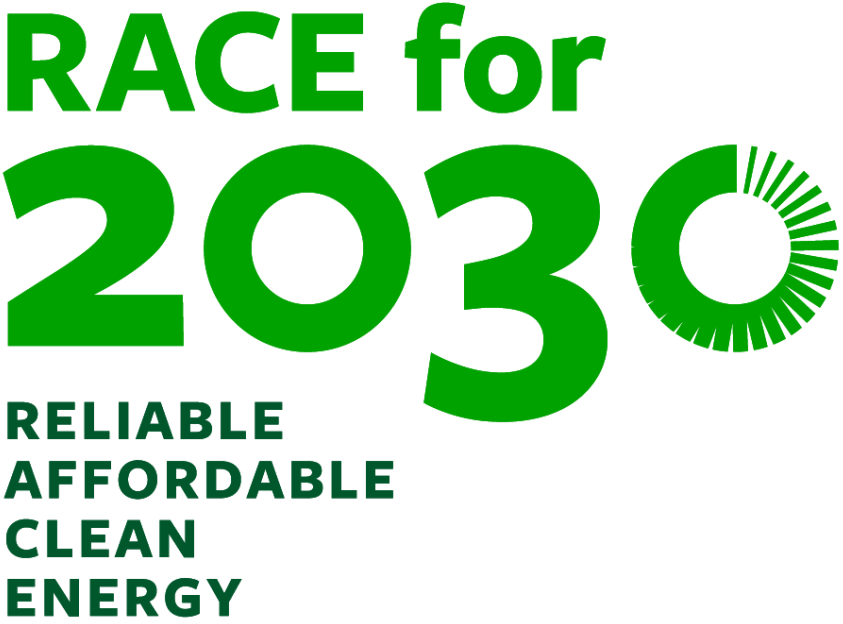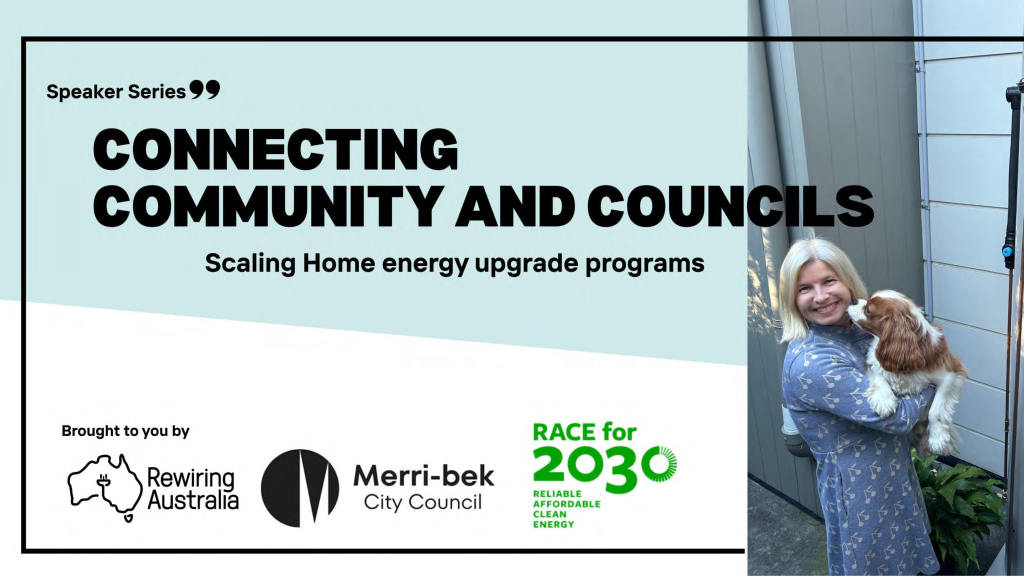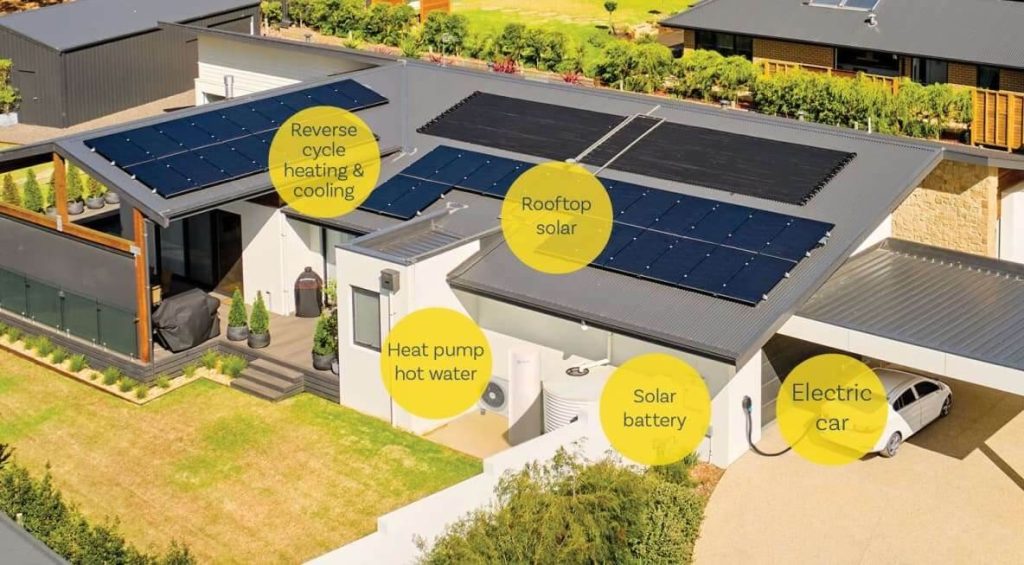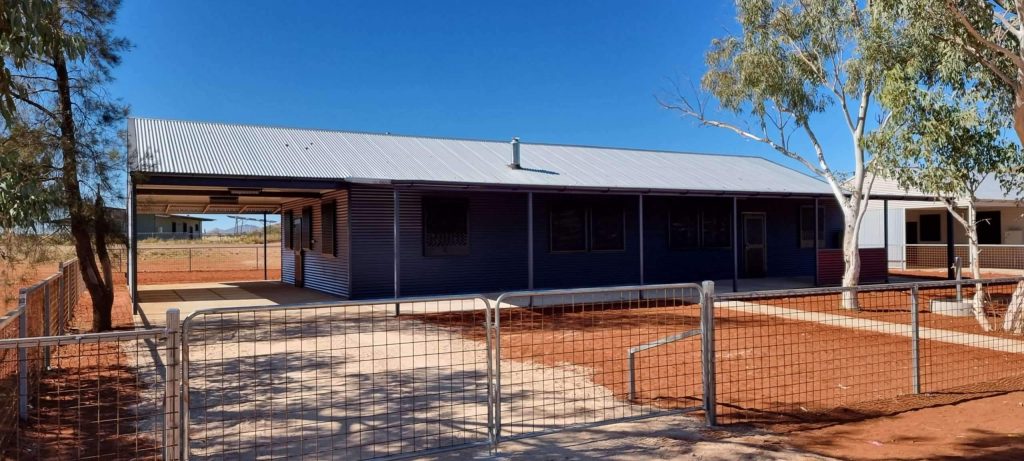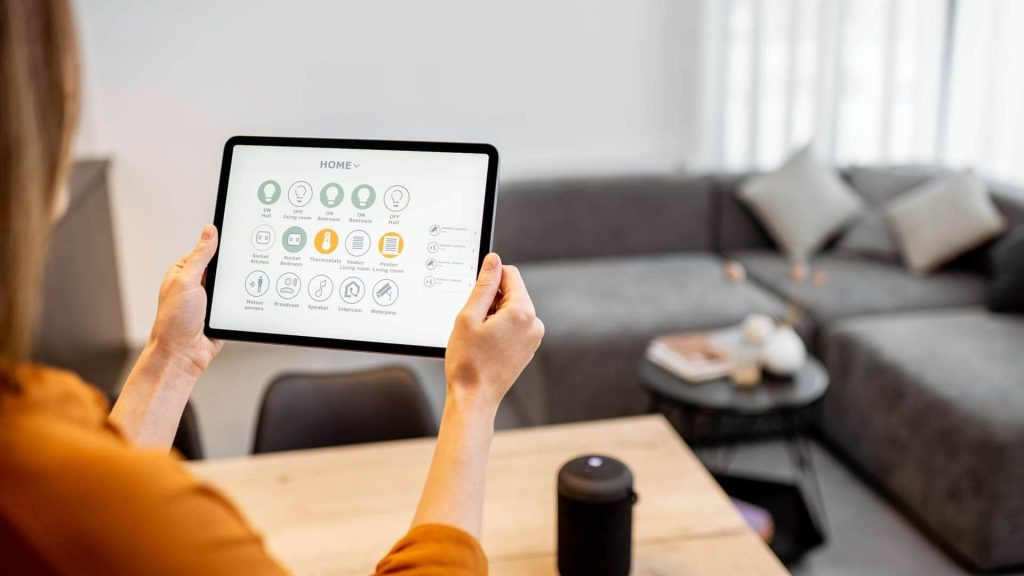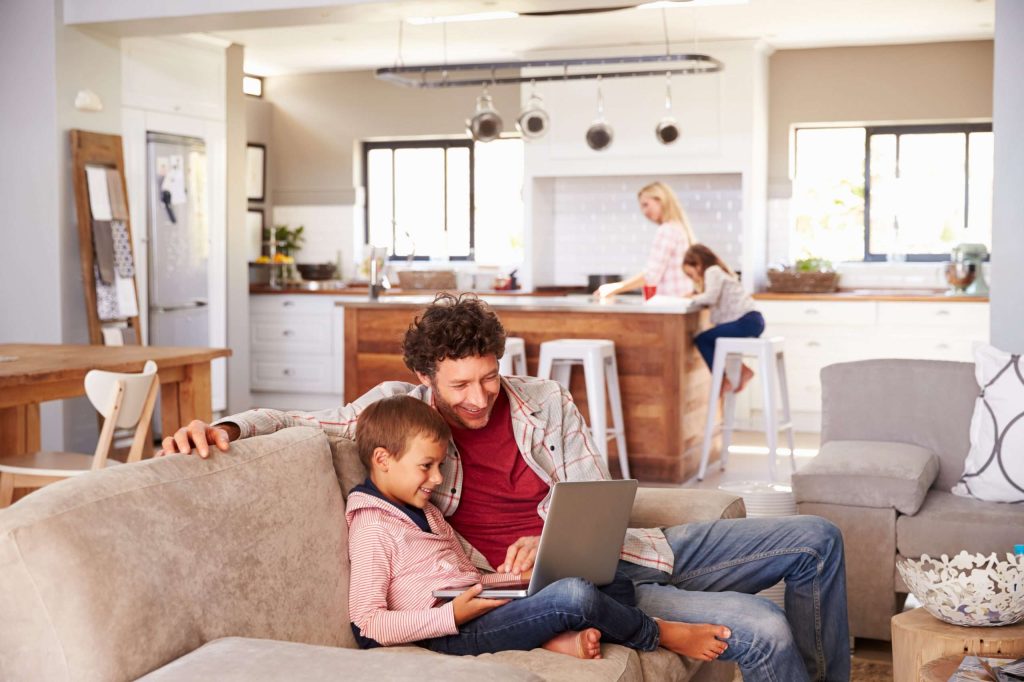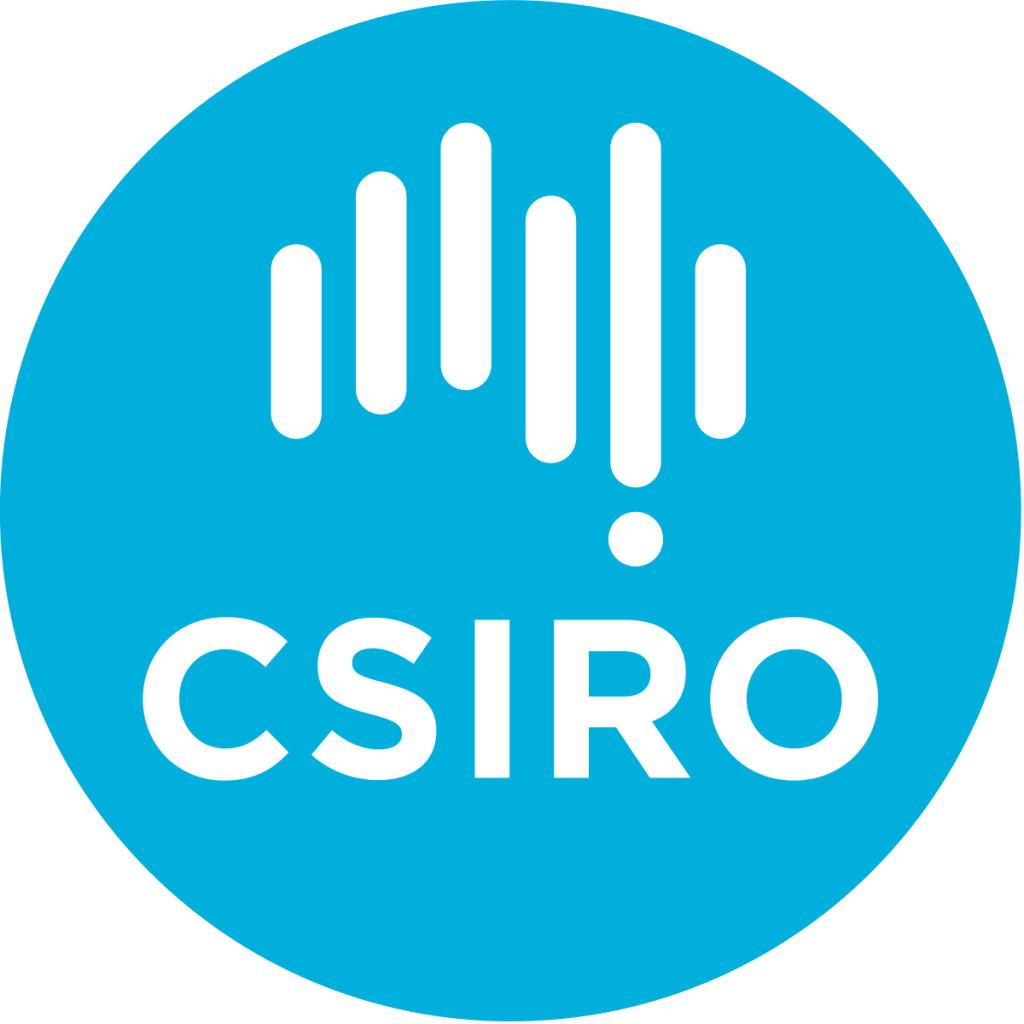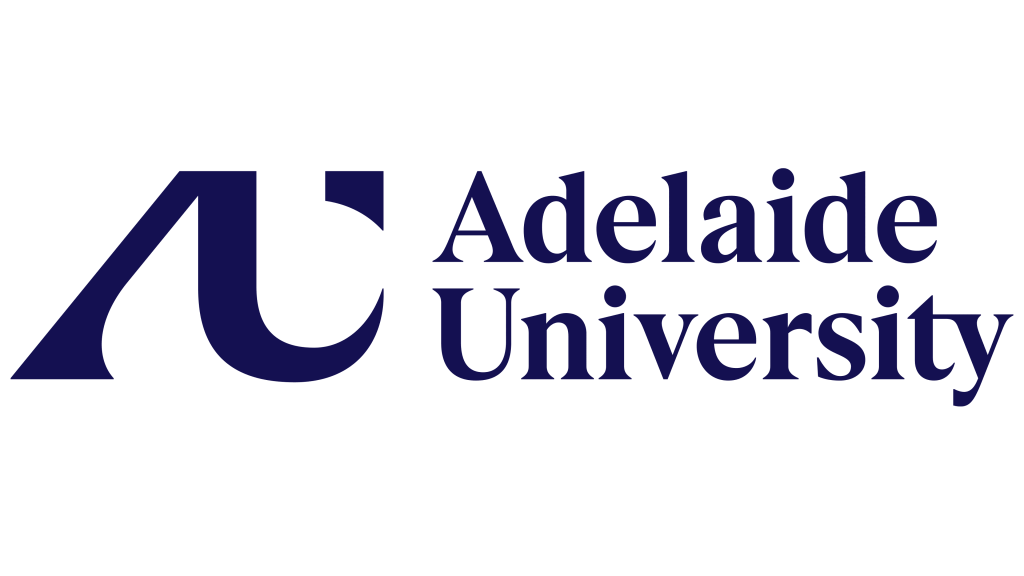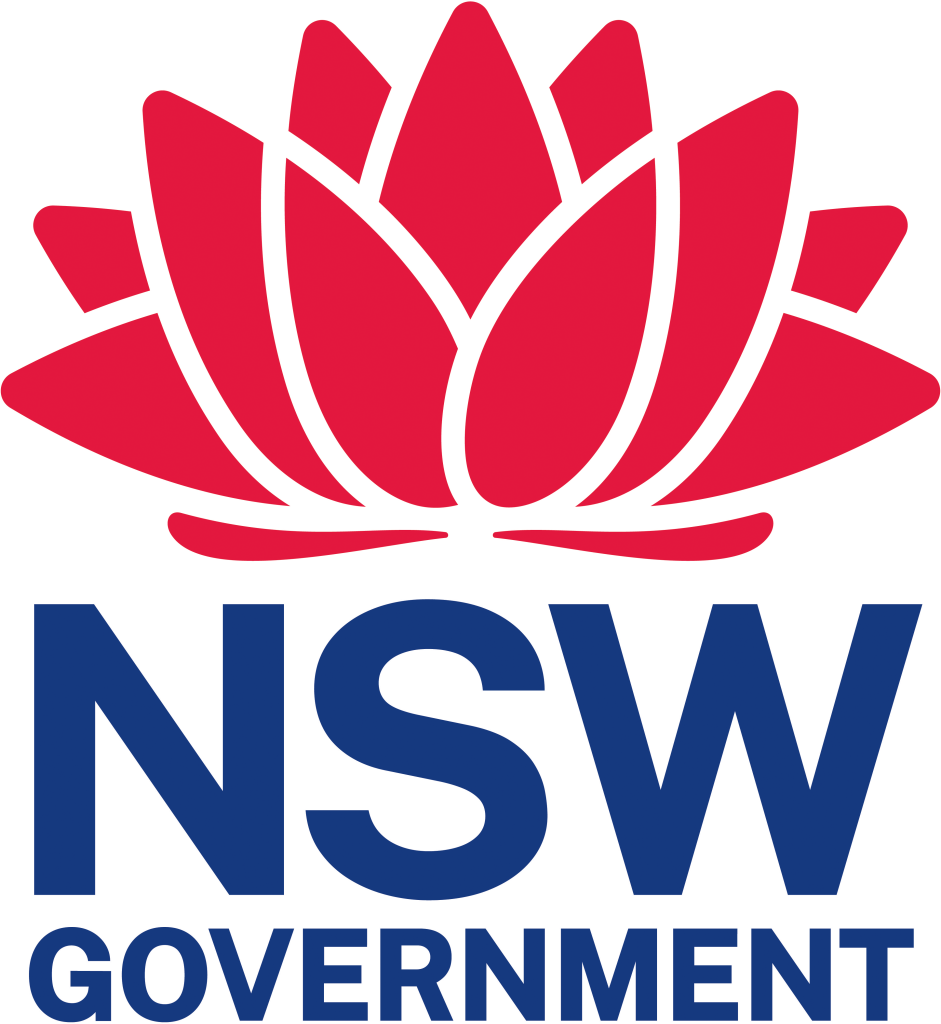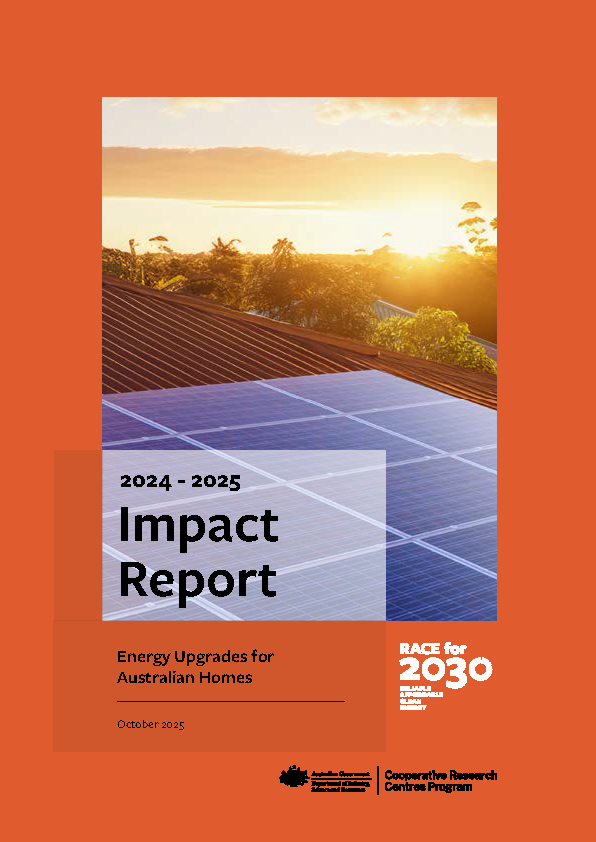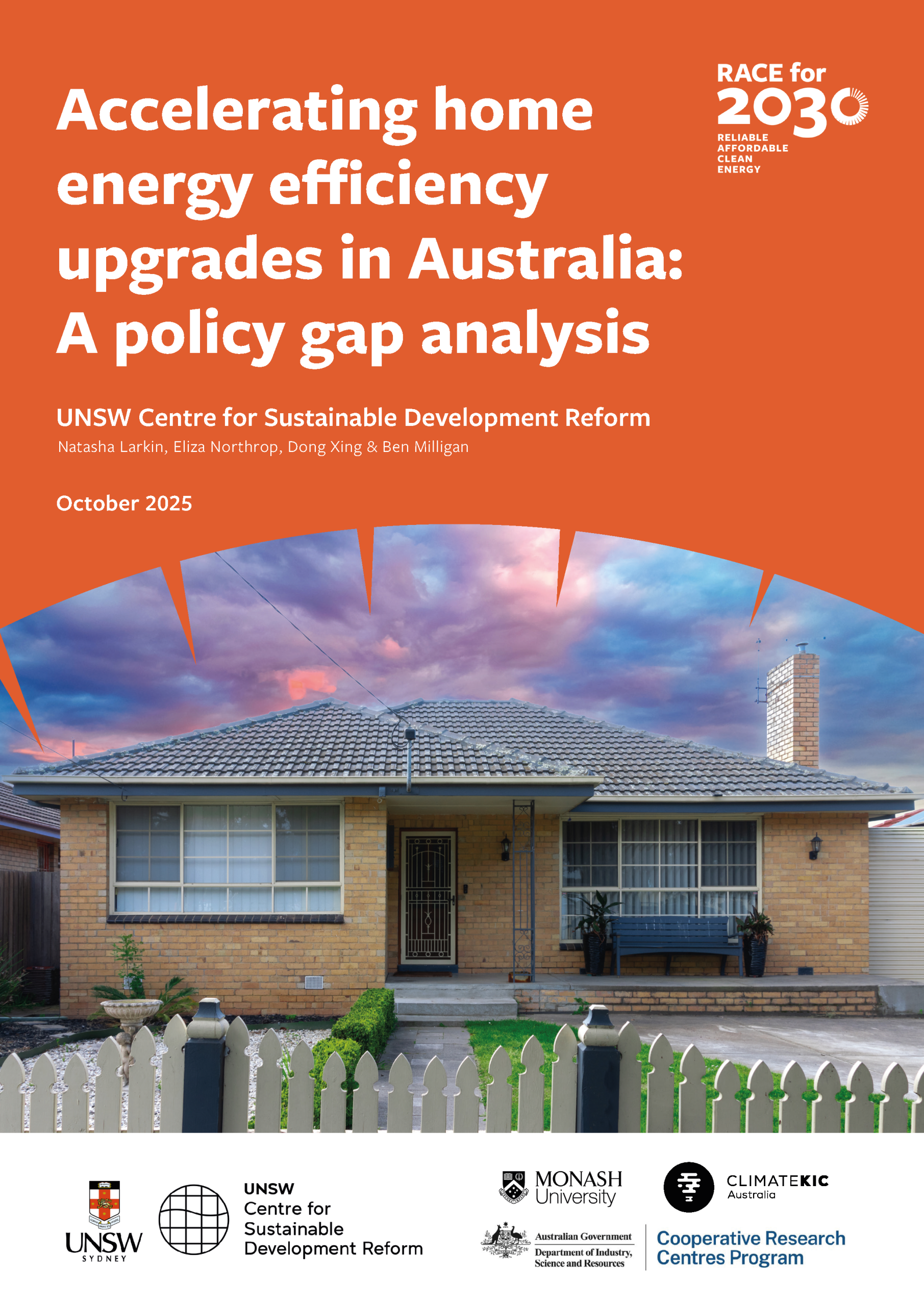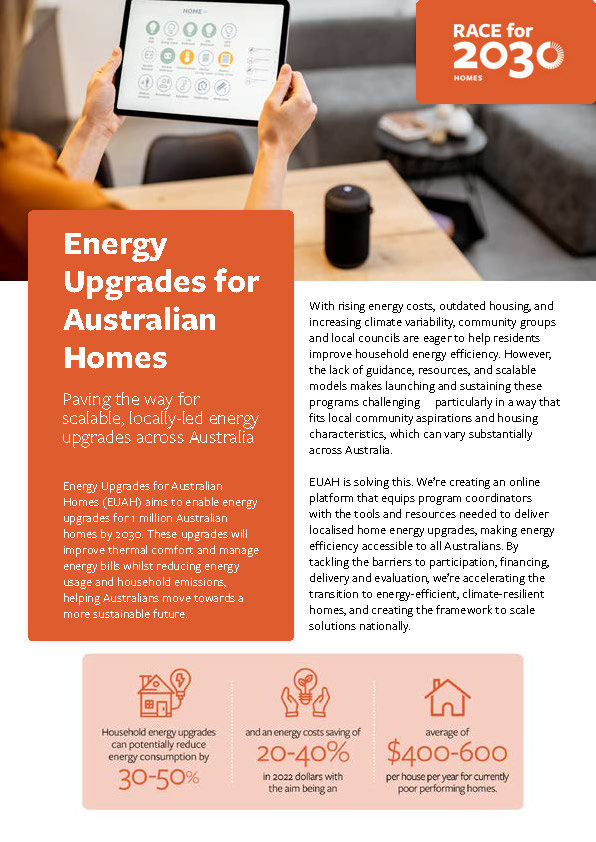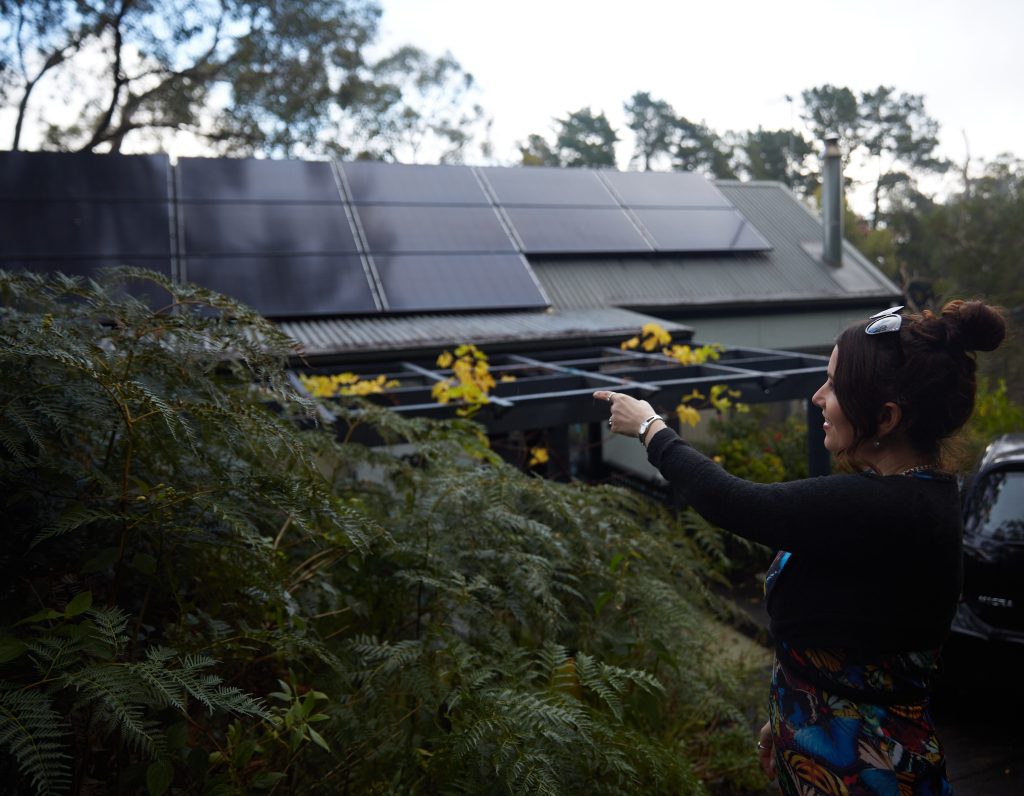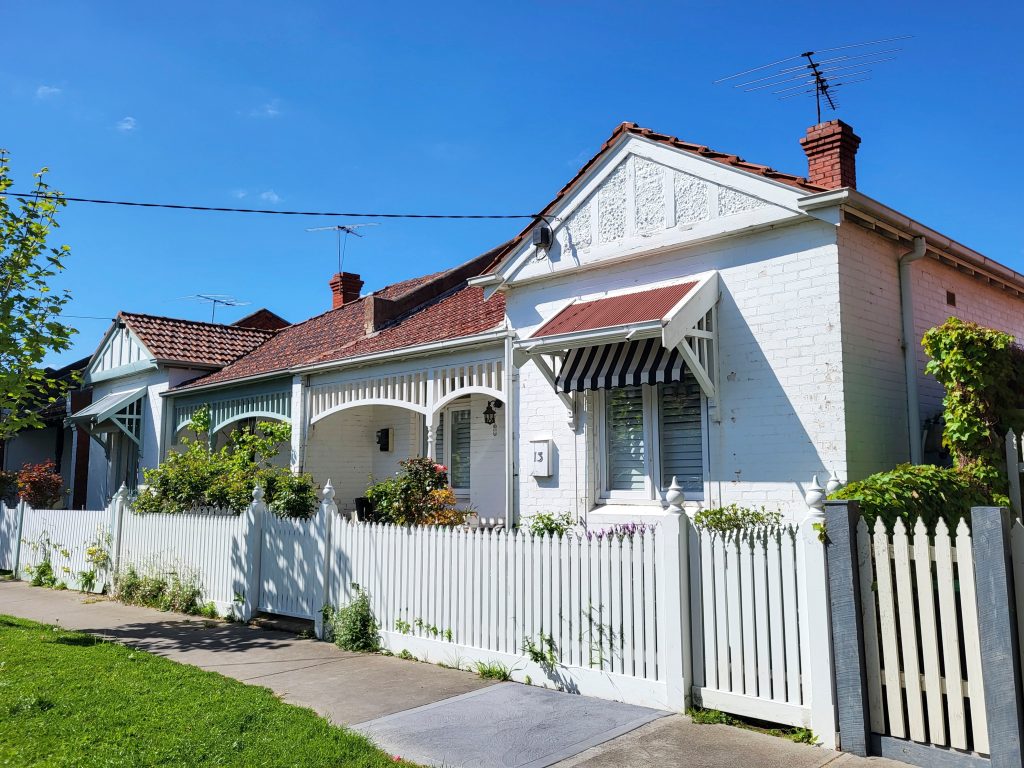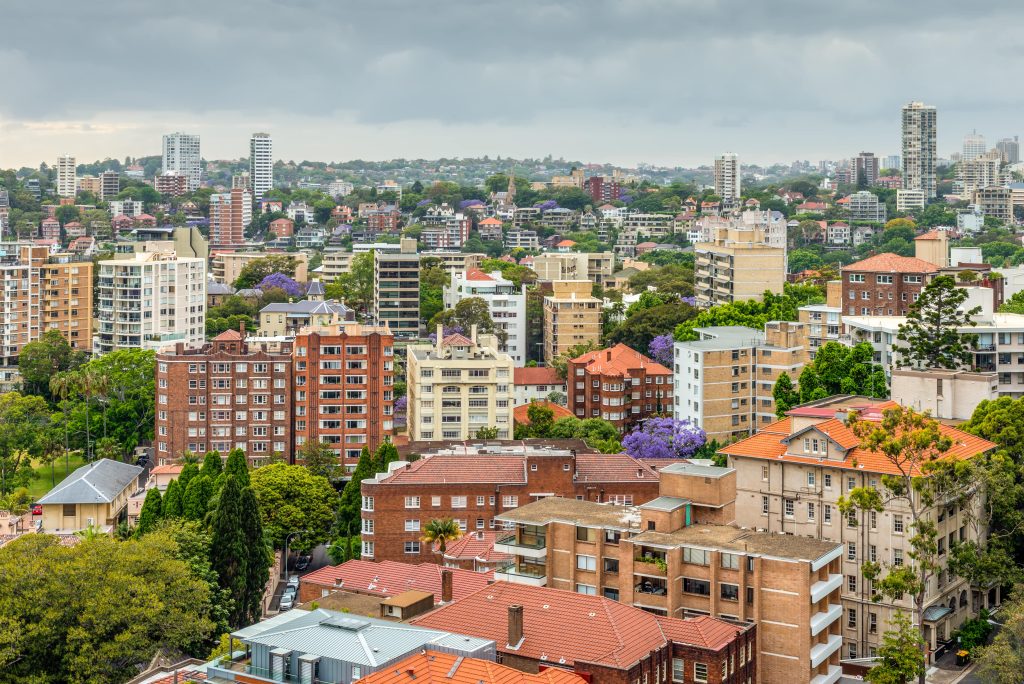Chief Investigators
Prof. Rob Raven (Monash University)
Prof. Liam Smith (Monash University)
Connecting Community and Councils: Scaling Home energy upgrade programs
Why energy upgrades?
Australia’s ageing housing stock, volatile energy costs, and increasing climate extremes are placing pressure on households and communities alike. Most homes were not built for the conditions we face today – or those ahead. But targeted, energy efficient upgrades can change that.
Improving the energy performance of Australian homes is one of the fastest, most impactful ways to lower energy bills, reduce emissions, and improve comfort and health outcomes—particularly for vulnerable households. While local governments and community organisations are eager to drive household energy efficiency, the lack of tools, resources and scalable models makes launching and sustaining programs challenging.
Over 80% of Australian homes have a NatHERS rating of 2 stars or less, meaning they are expensive to heat and cool, and often uncomfortable year-round.
Households living in 1.7-star homes can pay up to 6x more in energy bills than those in modern, efficient homes.
Retrofitting existing homes could cut energy bills by up to 40%, reduce emissions, and significantly improve resilience to heatwaves and cold snaps.
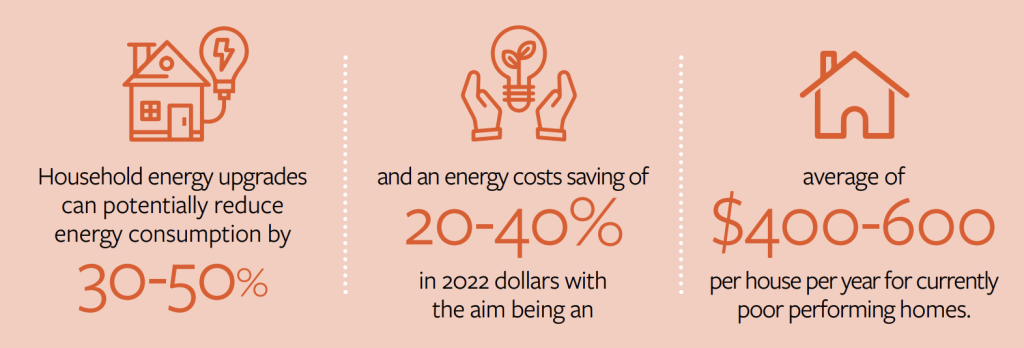
The solution: A national platform built for local impact
What we’re building
EUAH is developing an online platform that will give local governments and community organisations the tools and resources to design and deliver localised home energy upgrade programs.
Built in collaboration with Australia’s leading researchers and tested through active energy upgrade programs, this platform will bridge the gap between community ambition and delivery – making energy efficiency upgrades easier, faster, and more effective.
The platform will provide:
Tailored tools for program design and delivery
Step-by-step guidance, templates, and implementation resources to help program coordinators design, plan and run effective, locally relevant energy upgrade programs from start to finish.
Place-based upgrade guidance
Customisable insights and strategies based on climate, housing stock and ownership models – helping coordinators select the right solutions for their communities.
Behaviour Change Insights
Research-backed strategies and messaging frameworks that support household participation, reduce uptake barriers, and strengthen community engagement.
Cost-benefit and supply chain analysis
Up-to-date modelling and data to help coordinators assess upgrade benefits, compare options, and connect with quality suppliers for products and services.
We aim to enable energy upgrades for 1 million Australian homes by 2030, improving thermal comfort while reducing energy bills and household emissions.

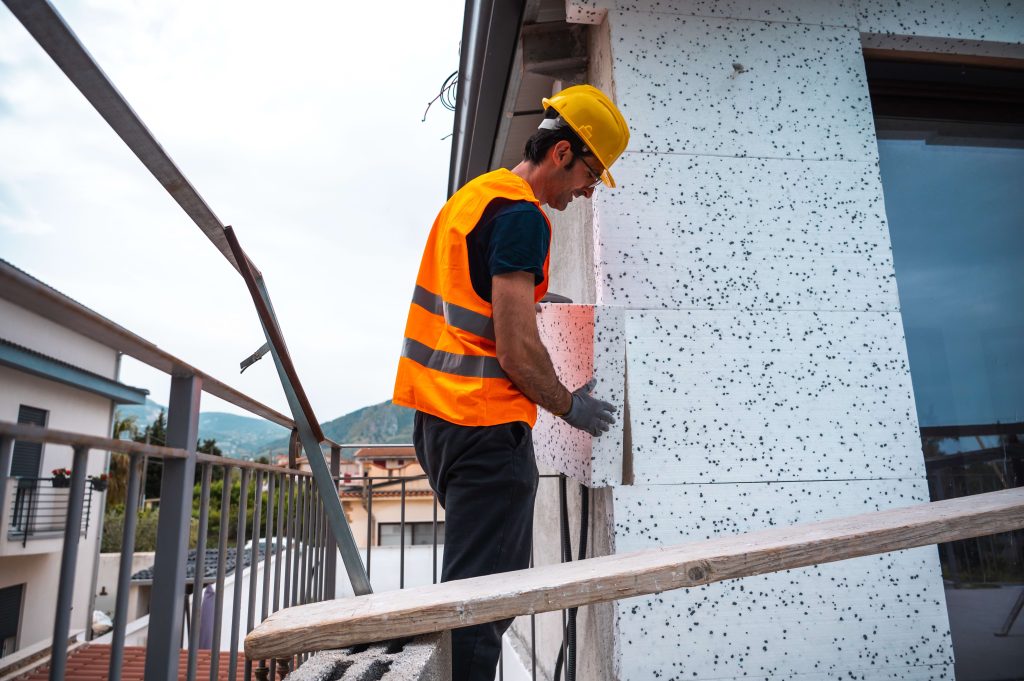
How we’re doing it
Our research spans six interconnected focus areas, each feeding into the platform design. These are:
- Policy and regulation
- Community implementation models
- Household and community behaviour change insights
- Building stock analysis and cost-benefit modelling
- Supply chain development
- Platform development and testing with active programs
Each area ensures that the platform is grounded in what communities need, what households will respond to, and what the market and policy landscape can support.
We’ve established an Industry Reference Group – bringing together government, industry and sector leaders to guide strategic direction and ensure the platform is shaped by on-ground experience.
Outcomes
Scalable solutions: Develop a flexible, community-focused program model adaptable to different home ownership structures, climates, and regional needs.
Climate resilience and comfort: Enhance household comfort and resilience to extreme weather through efficient heating and cooling, and electrification.
Empowered communities: Equip community groups and local governments with the knowledge and resources to implement successful energy upgrade programs.
Lower energy costs and emissions: Achieve energy savings of up to 40% per household while significantly reducing household emissions.
Our approach
We’re taking a holistic, systems innovation approach to ensure the platform is practical, scalable and grounded in real community needs.
Social and behavioural insights
Understanding household decision-making and community readiness to enhance participation and uptake.
Place-based applied research
Working directly with communities to understand needs for different climates, housing types and regions, and testing research findings across diverse places.
End-to-end program delivery design
Helping program organisers enhance current, or establish new, upgrade programs by developing best-practice community implementation models, providing policy and regulation insights, and providing understanding of building stock and supply chains.
Impact to date
11.3 million homes profiled in our Building Stock Model
5 partner programs delivering place-based solutions
10 local teams participating in our Upgrade Accelerator Program
Our work
Our research areas are contributing to the design of the tools and resources – each contributing to the design of the tools and resources embedded in the EUAH platform. These areas were selected to ensure the platform is grounded in what communities need, what the market can deliver, and what will drive real, lasting change.
Work with us
We’re looking for partners who want to join us in enabling energy-efficient, climate-resilient, and affordable homes for Australians.
If you’re an investor, local government or community organisation looking to support energy upgrades in your community, or if you’re an industry leader or policymaker who would like to help guide the project through our Industry Reference Group, we’d love to hear from you.
Contact us at EUAH@climate-kic.org.au.
Project partners – Research
Project partners – Industry
Newsletter
Stay in the loop! Subscribe to our newsletter for exclusive updates.
Status
- In Progress
Project Code
0365
